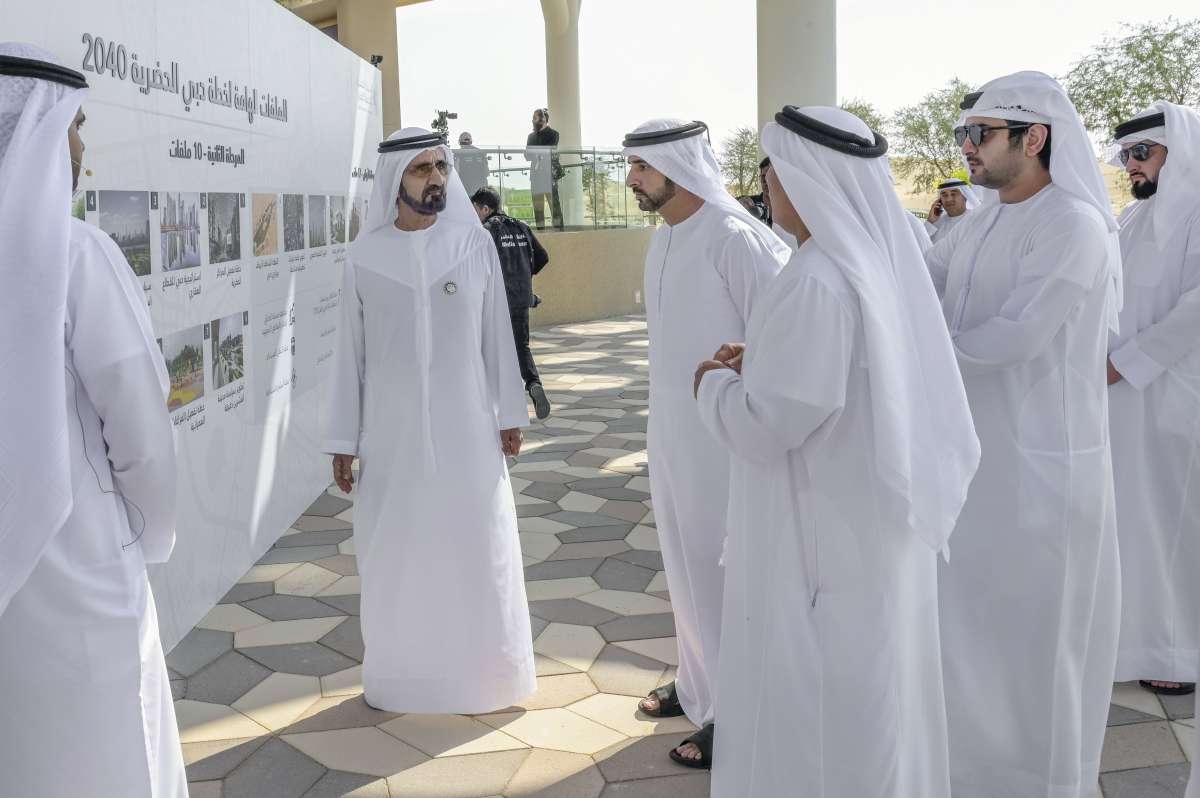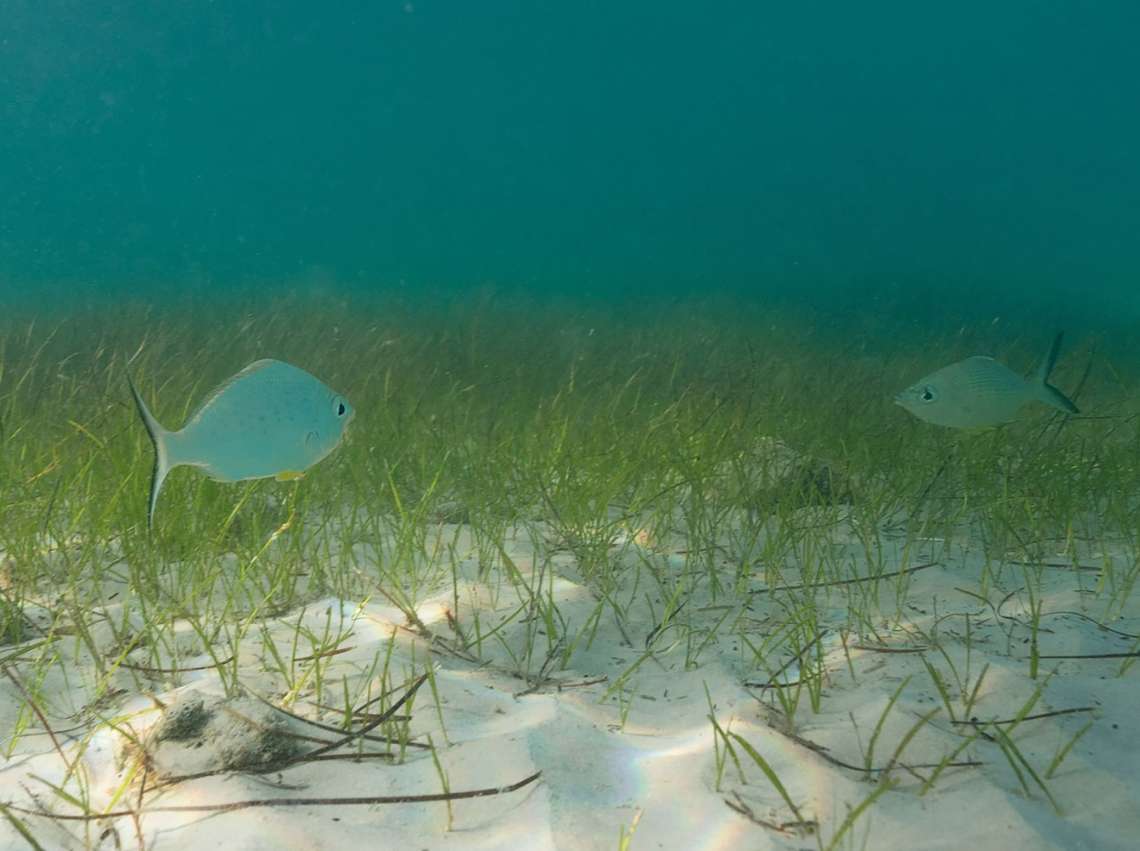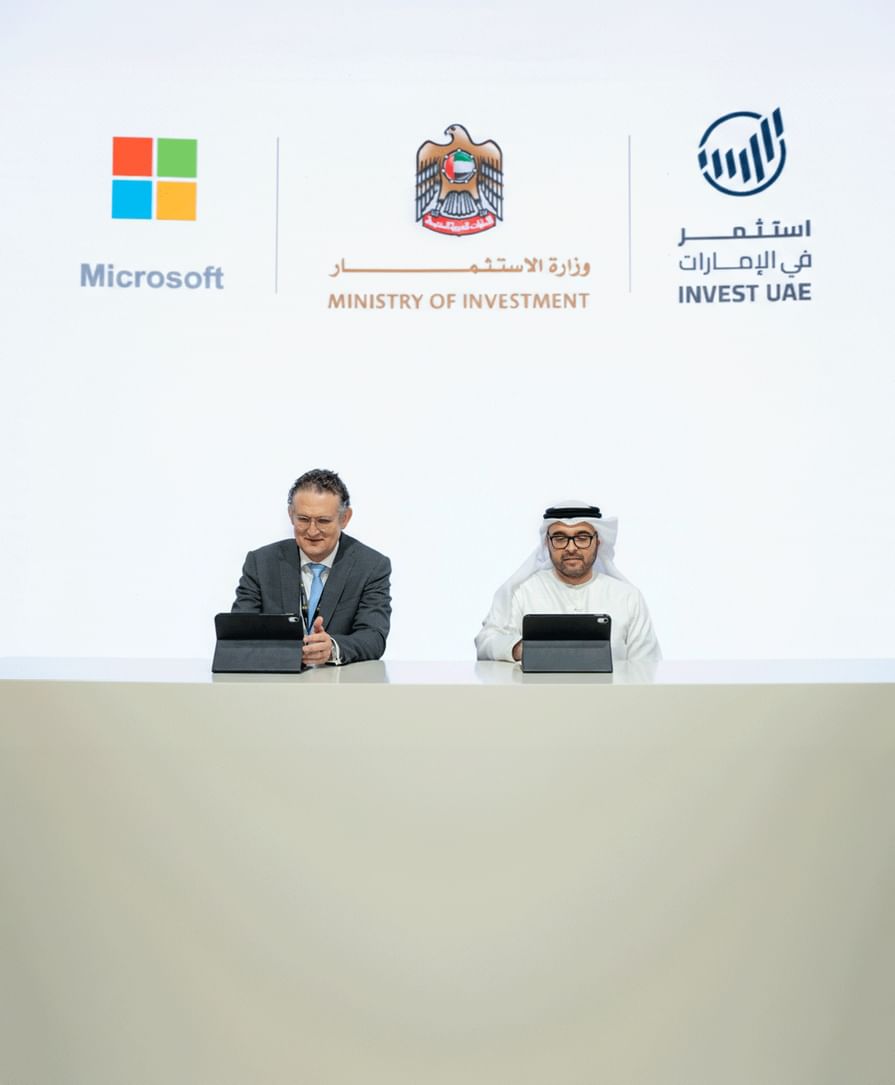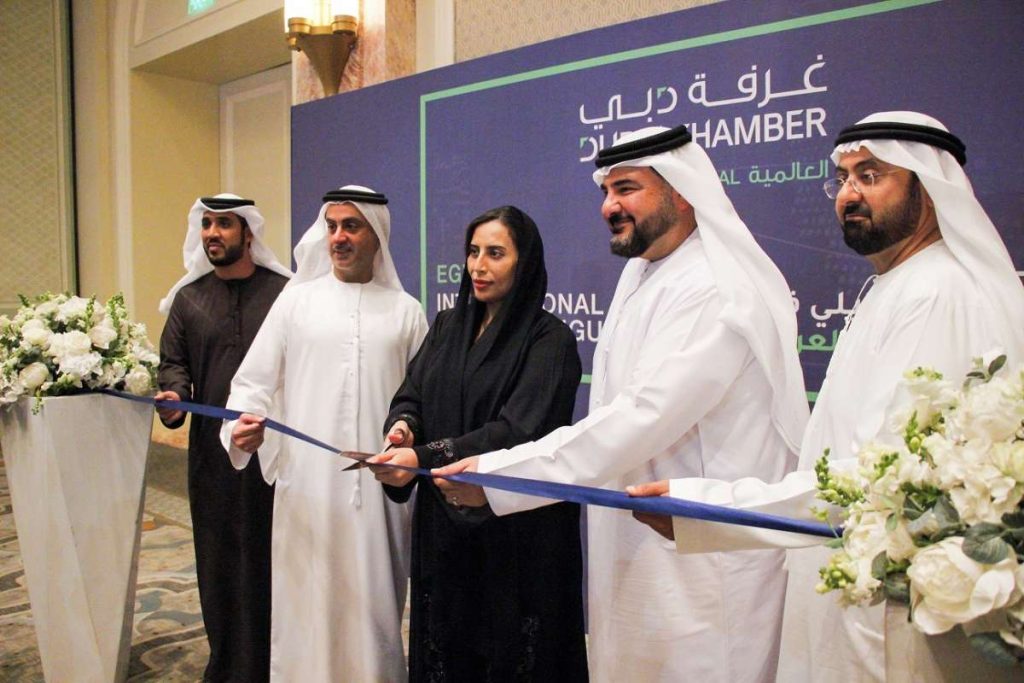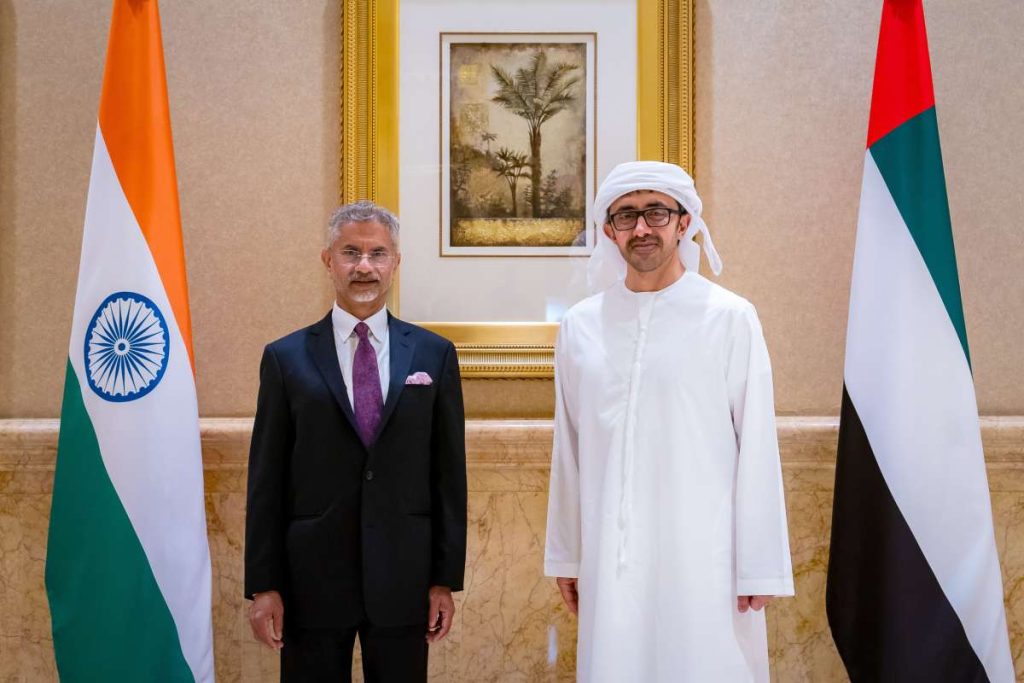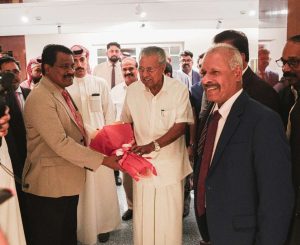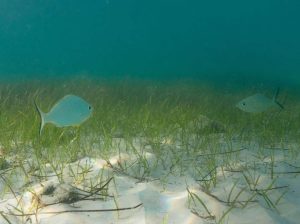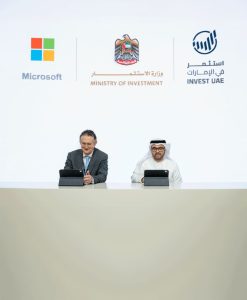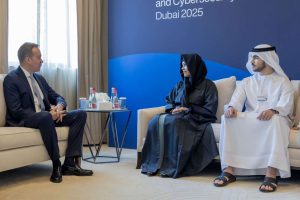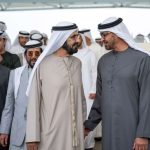Sheikh Mohammed bin Rashid Al Maktoum has approved the second phase of the Dubai 2040 Urban Master Plan, reports Asian Lite Newsdesk
Phase II of the Dubai 2040 Urban Master Plan consists of several projects under ten key initiatives, including Enhancing Urban Centres, Dubai Real Estate Strategy, Urban Farming Plan, Preserving Urban Heritage Plan, Developing the 20-Minute City Policy, and the Pedestrian Network Master Plan. His Highness also reviewed the progress of 17 projects and initiatives that were part of the initial phase of the Dubai 2040 Urban Master Plan.
“Today, we have a clear vision for the development of Dubai’s urban infrastructure and housing sector until 2040. Our goal is for Dubai to be an eco- and pedestrian-friendly city, and a city with a high yield from urban agriculture,” said Sheikh Mohammed bin Rashid Al Maktoum, Vice President, Prime Minister and Ruler of Dubai.
Phase II of Dubai 2040
Sheikh Mohammed was briefed by Mattar Al Tayer, Commissioner General for Infrastructure, Urban Planning and Well-Being Pillar, and Chair of the Supreme Committee of Urban Planning in Dubai, on the key projects of Phase II of the Dubai 2040 Urban Master Plan. The new phase includes an integrated plan for developing five main urban centres (three existing and two new centres) in Dubai.
The plan also prescribes a comprehensive strategy for Dubai’s real estate sector up to 2040 to align it with the requirements of the Master Plan and strike a balance between supply and demand. It calls for proactive initiatives to manage opportunities and changes in the real estate market, achieve sustainable urban development, and boost investor confidence.
The second phase includes a framework for high-yield agriculture and farming by identifying suitable locations and developing the infrastructure and facilities required to ensure food security. Phase II also outlines plans for preserving urban heritage to enhance the emirate’s identity, promote historical areas, landmarks and buildings, and improve the tourism experience at archaeological sites.
The master plan also calls for developing a 20-minute city where residents can reach their destinations within a 20-minute timeframe on foot or by bicycle. The project involves developing integrated service centres with all the necessary facilities and increasing the population density around mass transit stations, allowing residents access to 80 percent of their daily needs and destinations within 20 minutes.
Additionally, a plan will be developed to enhance and utilise urban spaces, such as alleyways, spaces underneath bridges, and squares, by augmenting the elements of well-being to make them attractive and relaxing for residents and visitors. The initiative contributes to enriching the beauty of urban areas, developing green corridors, reducing the carbon footprint, and enhancing the landscaping strategy. A comprehensive plan for pedestrians and soft mobility across Dubai will focus on connected pathways in high-density areas.
Phase II of the master plan involves developing an avenue for all residential neighbourhoods. It entails defining an area within the residential neighbourhoods and developing it under the principle of integrated street network where facilities and services are focused on catering to the residents’ needs. This initiative enhances well-being, supports soft mobility and reduces travel time within Dubai.
Best City for Living
The Dubai 2040 Urban Master Plan aims to make Dubai the world’s best city for living.
Accordingly, the city’s urban infrastructure is set to be further modernised, with the development focused on five major urban centres. The existing urban centres include Deira and Bur Dubai, historical areas that include museums, traditional and popular markets, and historical residential areas that highlight the emirate’s tradition and heritage.
The economic and trade centre of the city comprises the Dubai International Financial Centre, Sheikh Zayed Road, Business Bay, and Downtown, and serves various business and financial activities. The tourism and entertainment hub includes Dubai Marina and Jumeirah Lakes Towers and serves various economic and tourism activities.
The two new centres include Expo 2020 Centre, an economic and growth hotspot featuring affordable housing and a focal point for the exhibitions, tourism and logistics sectors; and Dubai Silicon Oasis Centre, a science and technology and knowledge hub that drives innovation, digital economy development and talent generation.
The new Master Plan defines an integrated approach to the development of the urban centres by providing equitable access to facilities, services and opportunities across the city for all residents. The plan identifies six urbanisation levels that follow a graded structure of urban centres of mixed uses and densities that perform specific residential and functional roles for the community within the scope of their services.
Based on these six levels, it would be possible to determine infrastructure requirements—roads and transportation systems, energy and government services such as hospitals, schools, service centres, and service and recreational facilities—in a way that provides integrated services across all Dubai districts while enhancing the use of flexible and sustainable means of mobility.

